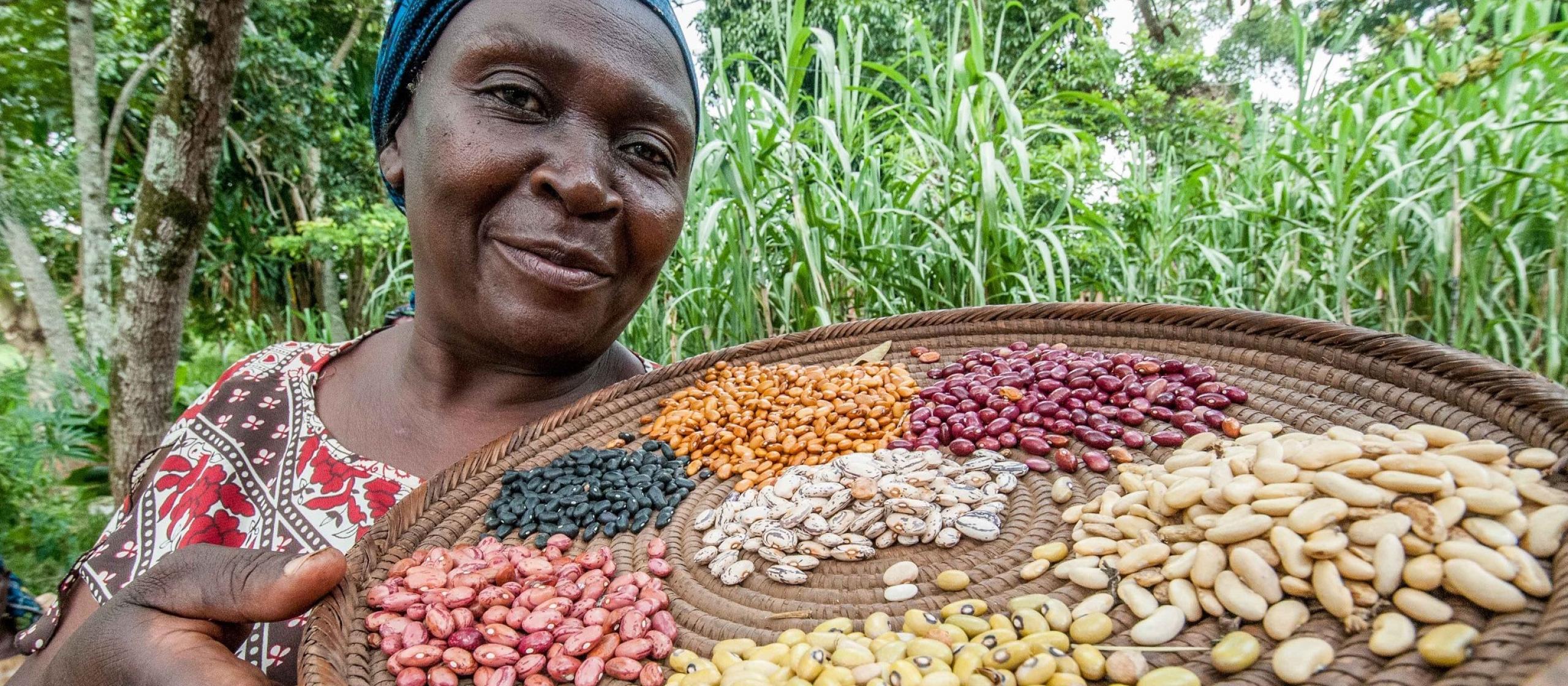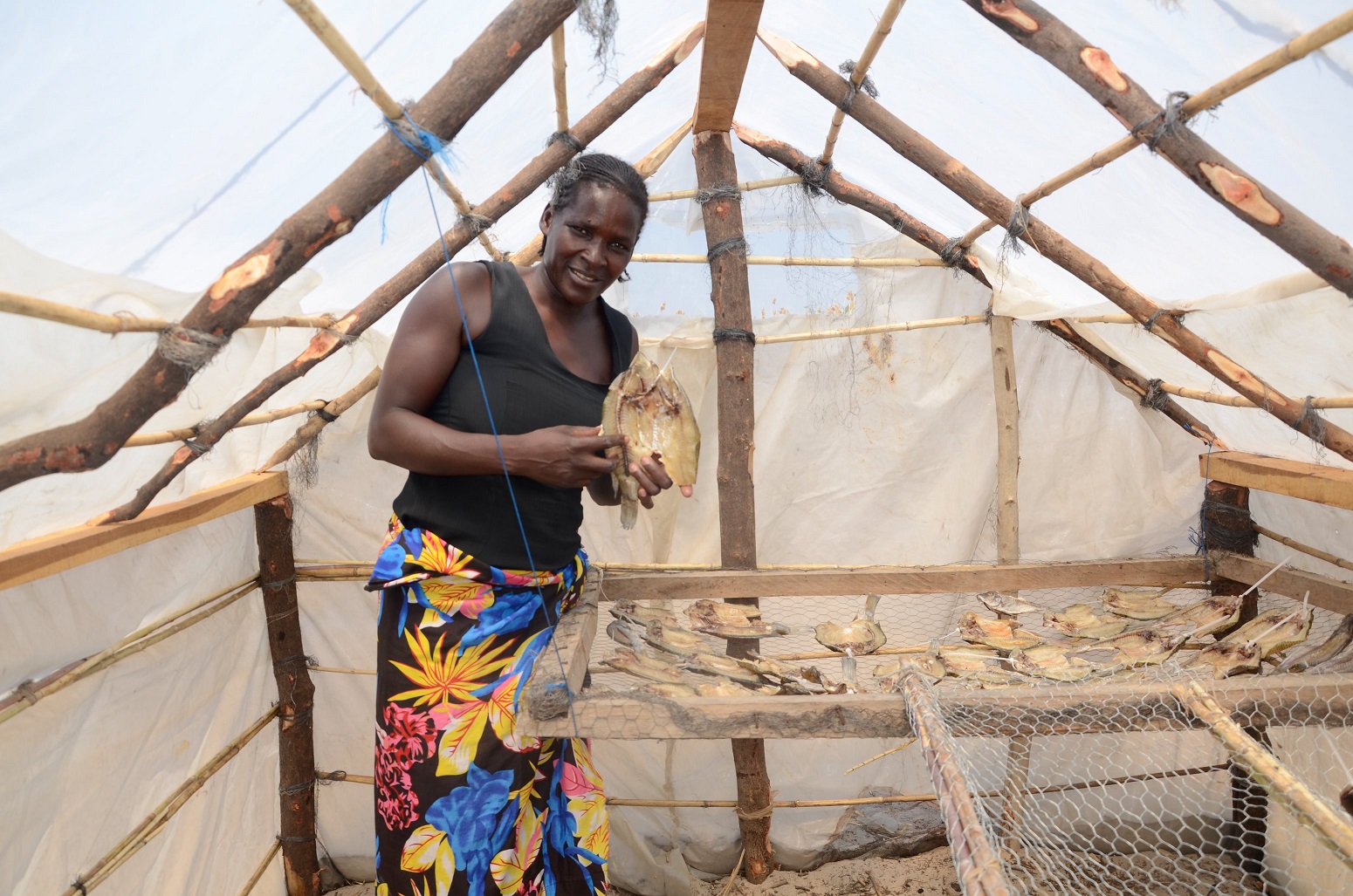- HomeHome
-
About ACIAR
- Our work
- Our people
-
Corporate information
- ACIAR Audit Committee
- Commission for International Agricultural Research
- Policy Advisory Council
- Agency reviews
- Executive remuneration disclosure
- Freedom of information (FOI)
- Gifts and benefits register
- Information publication scheme
- List of new agency files
- Contracts
- Legal services expenditure
- Privacy impact assessment register
- Commonwealth Child Safe Framework
- Benefits to Australia
- Careers
- 40 years of ACIAR
-
What we do
- Programs
- Cross-cutting areas
- Resources
- Where we work
-
Funding
- Research projects
- Fellowships
-
Scholarships
- John Allwright FellowshipScholarships to study in Australia for ACIAR partner country scientists to have Australian postgraduate qualifications
- ACIAR Pacific Agriculture Scholarships and Support and Climate Resilience Program
- Alumni Research Support Facility
- Publications
- News and Outreach
Date released
29 June 2020
In the face of the COVID-19 pandemic, innovations that improve food and nutrition security have become even more urgent. As curfews, lockdowns, and physical distancing measures disrupt food supply chains, it is crucial to maintain focus and investments on research that supports the food security and livelihoods of Africa’s smallholder farmers.
The COVID-19 pandemic has presented challenges and opportunities for the research teams of Cultivate Africa’s Future Fund (CultiAF) to learn and quickly adapt to the pandemic. CultiAF, a partnership between the Australian Centre for International Agricultural Research (ACIAR) and IDRC, seeks to improve food and nutrition security by funding applied research to develop and scale up sustainable, climate-resilient, and gender-responsive innovations for smallholder producers.
The COVID-19 pandemic has affected all nine CultiAF projects, which are spread across seven countries in eastern and southern Africa, to varying degrees. Smallholder farmers, the end users of the research outputs, have seen their incomes dwindle and their access to labour, inputs, and output markets reduced. This has forced the research teams to devise new ways of working and of developing new solutions to challenges arising from disruptions in the food value chain. This article outlines five ways the CultiAF research teams are responding to the food crisis induced by COVID-19 and learning from each other.
Integrating local expertise and gender responsiveness
Limitations on travel prompted some research teams to train local community resource people to assist them. The insect for feed project, implemented in Uganda and Kenya by the International Centre of Insect Physiology and Ecology (ICIPE), trained local personnel to help identify sites for constructing screen houses to raise insects intended as feed, supervise construction activities, and prepare farmers for virtual interviews with researchers. Local personnel can reach smallholder farmers while adhering to government guidelines restricting mobility and large gatherings. The research has thus moved closer to the farmers and ensures continuity at a time when support to farmers and food systems is essential.
Using the Project-level Women’s Empowerment in Agriculture Index (Pro-WEAI), a survey-based index for measuring empowerment, agency, and inclusion of women in the agriculture sector, ICIPE researchers found that the COVID-19 pandemic has put wives (when compared to women heads of households and husbands), at a greater disadvantage in accessing resources for their insect feed businesses because of their limited access to training in insect farming. The research team is using the findings to respond to the needs of these women and to ensure their participation.
Deploying digital technologies across gender divides
With uncertainty around when “normal” conditions will return, research teams are employing digital technologies to continue their research activities. Electronic platforms such as WhatsApp, phone calls, text messages, Zoom meetings, and emails are the new norm.
A project focused on using cell phone imagery in climate-smart crop insurance, led by the Agriculture and Climate Risk Enterprise Ltd. (ACRE) Africa, shifted from training farmers in-person to online. Farmers are being trained virtually to use the mobile application and they are equipped with manuals to help them extend the training and use of the insurance product to other farmers. Researchers found that only 25% of participating female farmers have access to smartphones, compared to 30% of male farmers, therefore the project is seeking to increase the participation of female farmers by ensuring greater access to smartphones.
Developing resilient food systems
In an effort to build greater resilience in food supply chains, CultiAF projects are integrating new research to develop a better understanding of the impact of the COVID-19 crisis on small scale farmers. A project that seeks to scale up the supply and use of precooked beans in Kenya and Uganda is assessing the impact of lockdowns on the bean value chain. Field observations show that while obtaining seed is difficult for all farmers, partly because of the lack of transport, an even greater challenge for women is accessing credit through loan associations. Many women are also finding it difficult to manage their bean plots because they are obliged to fill in for the family’s daily labourers, in addition to their other responsibilities.
Similarly, a project to scale improved fish processing technologies, led by the University of Malawi, is conducting research to understand the impact of lockdown and curfews on the fish value chain. The research from these two projects will inform policy and practice for developing more resilient bean and fish value chains, not only during COVID-19, but also during future emergencies and disruptions.
Integrating humanitarian approaches
Some projects are employing humanitarian approaches to reach out to vulnerable groups and provide safety nets. Conducting studies around these interventions can inform policy and practice on building resilient and nutritious food systems. The Nutrifish project, led by Makerere University in Uganda, fast-tracked the development of a maize flour enriched with nutritious silver fish and amaranth seeds to contribute to the nation’s response to the COVID-19 crisis. More than 2.5 tons of the nutritious flour was distributed as a dietary supplement to breastfeeding mothers whose children were admitted to a nutrition rehabilitation unit.
A project focused on developing more effective irrigation systems in Mozambique, led by University Eduardo Mondlane, is boosting production by helping participating farmers (38% of whom are women) access agricultural inputs through credit and saving schemes. The Ethiopian Institute of Agricultural Research is doing the same in terms of growing drought-tolerant sorghum. These safety nets will help alleviate the impact of the crisis and ensure the continuity of research that positively benefits smallholder farmers in each country.
Broadening partnerships
Partnerships are important in normal times and even more essential during a crisis. The youth agri-preneurship project adjusted its mentoring model from a physical interface to a virtual platform by negotiating with internet service providers for affordable subsidized internet bundles for participating youth and their mentors. Extending the project’s partnerships to include Safaricom PLC and Telkom Kenya was important to ensure inclusivity of the new model.
The ICIPE-led project on invasive fruit flies in southern Africa found that farmers are losing harvests because of market inaccessibility. Thus, the project is training farmers in post-harvest fruit and vegetable processing to increase the availability of nutritious foods in crises and seasons of scarcity. It will also link famers to processing companies, providing a reliable market and a source of income for these smallholder farmers.
Implications for future food systems research
In responding to the COVID-19 pandemic and the impact of measures to contain its spread, researchers who work in partnership with farmers and governments can help make food systems more resilient. Such resiliency is needed in eastern and southern Africa to deal with the challenges of other natural and human-induced hazards such as flooding, rising or receding water levels in major lakes, locust invasions, and prolonged droughts. Interdisciplinary research, multi-actor partnerships and collaboration, and integrated approaches across sectors will be important to the future of food.
The COVID-19 pandemic has renewed the sense of responsibility and partnership between ACIAR and IDRC in support of the CultiAF Fund. Both organizations are committed to learning from each other and research partners and to building science systems in the Global South.





